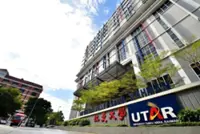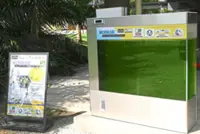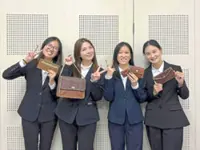KUALA LUMPUR: To address the declining performance in mathematics and science, Datuk Seri Dr Wee Ka Siong has proposed that MCA leverage the strengths of the Tunku Abdul Rahman University of Manage-ment and Technology (TAR UMT) and Universiti Tunku Abdul Rahman (Utar).
“The level of mathematics and science in a country will reflect the overall strength of a country, and it is more evident with the emergence of artificial intelligence,” said the MCA president.





